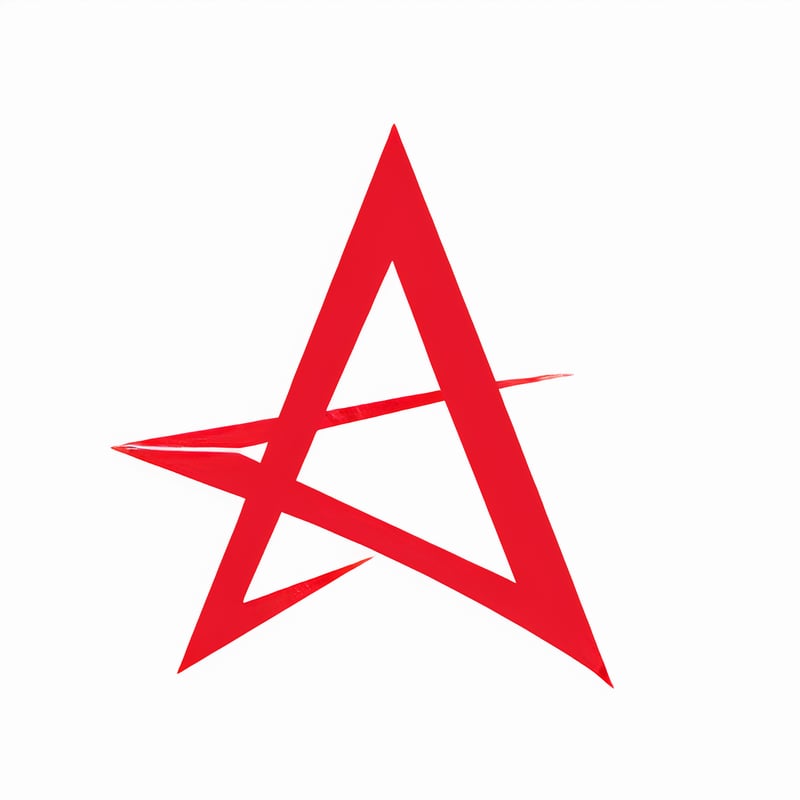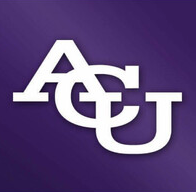
Financial aid (may be available)

Financial aid (may be available)

Financial aid (may be available)

Financial aid (may be available)

Financial aid (may be available)

Financial aid (may be available)

Financial aid (may be available)

Financial aid (may be available)
$23,297 total
$4,299 total
$16 total
No cost info
$1,597 total
$649 total
$600 total
No cost info
$1,597 total
$1,949 total
Are you passionate about health and wellness? Do you have a desire to help others live a healthier lifestyle? If so, a career in applied nutrition may be the perfect fit for you. Applied nutrition is a field that focuses on the practical application of nutrition science to improve health and prevent disease. By becoming a certified applied nutritionist, you can help individuals and communities make informed choices about their diet and lifestyle. If you are located in Austin, Texas, you're in luck! There are several applied nutrition classes available near you. In this blog post, we will explore what applied nutrition is, the training requirements, what to look for in a class, what to expect from the day-to-day class, the certification process, how to find related jobs, and other classes you can take after becoming an applied nutritionist.
Applied nutrition is a rapidly growing field that focuses on the practical application of nutrition science to improve health and prevent disease. As an applied nutritionist, you will work with individuals and communities to develop personalized nutrition plans, provide education on healthy eating habits, and promote overall wellness. This field offers a rewarding career path for those who have a passion for health and wellness and a desire to make a positive impact on the lives of others.

Applied nutrition is the practice of using nutrition science to improve health and prevent disease. It involves analyzing the nutritional needs of individuals and developing personalized nutrition plans to help them achieve their health goals. Applied nutritionists work with clients to assess their current dietary habits, identify areas for improvement, and provide education and support to help them make healthier choices. This field is rooted in evidence-based research and focuses on the practical application of nutrition knowledge.
To become an applied nutritionist, you will need to complete a formal training program in nutrition or a related field. Many colleges and universities offer degree programs in nutrition, dietetics, or applied nutrition. These programs typically include coursework in nutrition science, biochemistry, physiology, and food science. In addition to coursework, you may also be required to complete a supervised internship or practicum to gain hands-on experience in the field. Upon completion of your training program, you may be eligible to sit for a certification exam to become a certified applied nutritionist.
When searching for applied nutrition classes near you, it's important to consider several factors to ensure you find the best fit for your needs. Here are some things to look for:
Accreditation: Make sure the class or program you choose is accredited by a reputable accrediting body. Accreditation ensures that the program meets certain standards of quality and rigor.
Curriculum: Review the curriculum to ensure it covers the topics and skills you are interested in learning. Look for classes that offer a comprehensive overview of nutrition science, as well as practical application and hands-on experience.
Faculty: Research the qualifications and experience of the instructors who will be teaching the class. Look for instructors who have expertise in the field of applied nutrition and a track record of success in their careers.
Resources and Support: Find out what resources and support services are available to students. This may include access to libraries, research facilities, career services, and academic advisors.
Flexibility: Consider the class schedule and format to ensure it aligns with your availability and learning preferences. Some classes may be offered in-person, while others may be available online or in a hybrid format.
Applied nutrition classes typically involve a combination of classroom lectures, laboratory work, and hands-on practical experience. Here are some things you can expect from the day-to-day class:
After completing your applied nutrition class or program, you may be eligible to sit for a certification exam to become a certified applied nutritionist. The requirements for certification vary depending on the certifying body, but typically include a combination of education, supervised experience, and passing a comprehensive exam. Some certifying bodies also require ongoing continuing education to maintain certification.
Once you have completed your applied nutrition training and obtained certification, you will be ready to start your career in the field. Here are some tips for finding related jobs:
Once you have become an applied nutritionist, you may choose to further specialize in a specific area or expand your knowledge in related fields. Here are some other classes you may consider:
If you have a passion for health and wellness and a desire to make a positive impact on the lives of others, a career in applied nutrition may be the perfect fit for you. By becoming a certified applied nutritionist, you can help individuals and communities make informed choices about their diet and lifestyle. Whether you are just starting your journey or looking to expand your knowledge in the field, there are applied nutrition classes available near you in Austin. Remember to consider accreditation, curriculum, faculty, resources, and flexibility when choosing a class. And don't forget to explore other classes and opportunities for specialization after becoming an applied nutritionist. For more information and to find applied nutrition classes near you, visit Dreambound.
If you're exploring options in this field in various locations, Dreambound's extensive guides are a great resource. We've got detailed insights for numerous cities. check out some additional guides below:
Contemplating a change in your career path? Dreambound has written many comprehensive guides to aid you in making well-informed decisions.
Dreambound's platform allows prospective students to find the right educational program for them through searching, filtering, and connecting with our extensive selection of career & technical education partners.
Dreambound has over 70 programs across healthcare, technology, business, and industrial trades. This includes programs such as Medical Billing, Cybersecurity, and welding.
Some of our schools offer financial aid for those who qualify. Many others offer payment plans, where you can pay the cost of class over time.
Yes, Dreambound offers many online programs. On Dreambound's search, you can filter by online, in-person, and hybrid (part online, part in-person).
Dreambound is completely free for you to use! We are supported by schools and organizations who pay to advertise on our website, so we can offer all of our career resources for free.